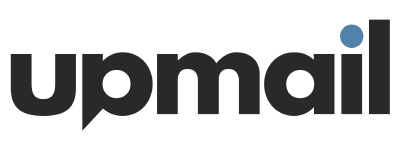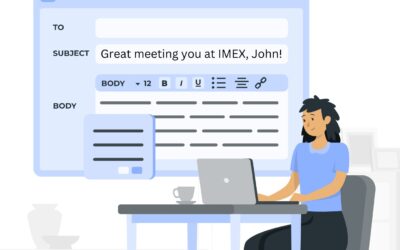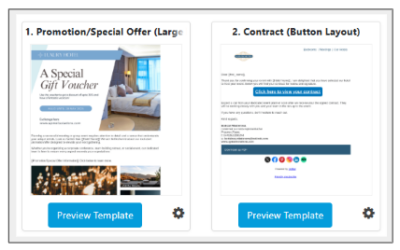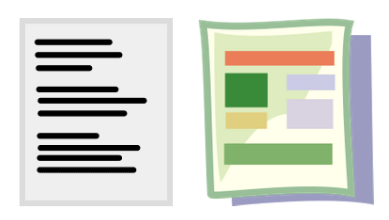Elevating Your Hotel Prospecting Game with Strategic Email Communication
April 18th, 2024
In the competitive world of hotels, effective communication can make or break a deal. Yet, before any sale can be made, there’s the daunting task of prospecting. Surprisingly, over 40% of sales professionals find this initial step the most challenging in the sales journey.
Email remains a powerful tool for hotel prospecting, offering a direct line to potential clients. In fact, email marketing has a 2x higher return than cold calling. However, it’s not enough to simply email prospects, the key lies in strategic and thoughtful communication to stand out amidst the barrage of emails recipients receive daily.
Here are some tips to elevate your hotel prospecting game through email communication:
Personalization is Paramount: Gone are the days of generic email blasts. Personalization is the cornerstone of effective email communication. It’s as simple as addressing recipients by their name – personalized subject lines are 22.2% more likely to be opened. But personalization goes beyond just a name. Acknowledge the unique needs or preferences of each recipient, crafting your message accordingly. Take the time to research their company or role, showcasing your understanding of their business and how your hotel can truly add value.
Craft Compelling Subject Lines: The subject line is your first impression, so make it count. Keep it concise, relevant, and engaging. Pose a question, highlight a benefit, or create a sense of urgency to entice recipients to open your email. Stay clear of spammy language and overused phrases such as ‘Free’, ‘Click’, ‘Buy’ or ‘Best Price’, as they can deter potential clients. Consider incorporating words like “Sale,” “New,” or “Video” – these proven attention-grabbers can give your open rates a significant boost.
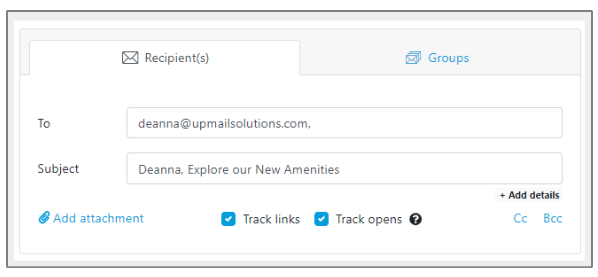
Focus on Benefits, Not Features: Instead of bombarding prospects with a laundry list of your hotel’s features, highlight the benefits that resonate with their needs. Whether it’s convenience, luxury, cost-effectiveness, or unique amenities, emphasize how your hotel can cater to their upcoming event or group stay. By showcasing the value your hotel offers in meeting their specific requirements, you’re more likely to capture their interest and prompt them to take action.
Keep it Short: Short and sweet is the name of the game! With 40% of emails being opened on mobile first, it’s crucial to keep your communication concise and to the point. Remember, the average mobile screen can only accommodate 4-7 words max, so make every word count for maximum impact and readability. Enhance your message by including supporting content through the use of links and attached documents, but avoid cluttering the body of the email.
Lure Them In: Boost your chances of capturing the recipient’s attention by crafting a captivating hook. Whether it’s an enticing promotion, an exciting renovation update, or the success story of a recent event, offering a compelling reason for the recipient to dive into your email increases the likelihood of them engaging with your offering.
Call to Action (CTA): Every email should have a clear and compelling call to action. From scheduling a call or requesting more information, to booking a site visit, guide recipients on the next steps to move the conversation forward. Make the CTA prominent and easy to act upon.
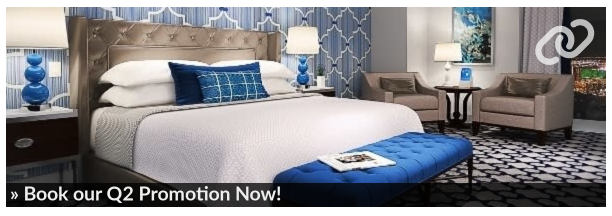
Follow-Up Strategically: Don’t be discouraged by initial non-responses. Follow up with polite and personalized reminders to keep your hotel top of mind. 44% of sales reps give up after one follow-up, but keep in mind that 60% of customers say no four times before saying yes. Resilience in the face of rejection is crucial.
Timing is also key, so space out your follow-ups appropriately. Best practices recommend waiting at least 3-5 business days between follow-ups. However, depending on the specific situation and recipient, you may need to adjust your timing accordingly. Remember, people are often busy, so allow them ample time to read and respond to your emails. As you follow up, consider offering additional value or incentives to reignite interest and keep the conversation going.
Measure and Improve: Track the performance of your email campaigns using metrics like open rates, click-through rates, top performing content and subject lines and conversion rates. Analyze what’s working and what’s not, and continuously revamp your approach to optimize results.
Leverage a Tool: Prospecting is time-consuming. In fact, salespeople dedicate 21% of their day to crafting emails. Streamline your workflow with a tool like UpMail to save time on email searching and manual message composition. With pre-built email templates for various sales scenarios, all you need to do is make a few tweaks and hit send. UpMail ensures consistency, tracks engagement, and facilitates the creation of professional, media-rich emails. It’s no wonder high-performing sales teams utilize nearly three times more sales technology than their underperforming counterparts.
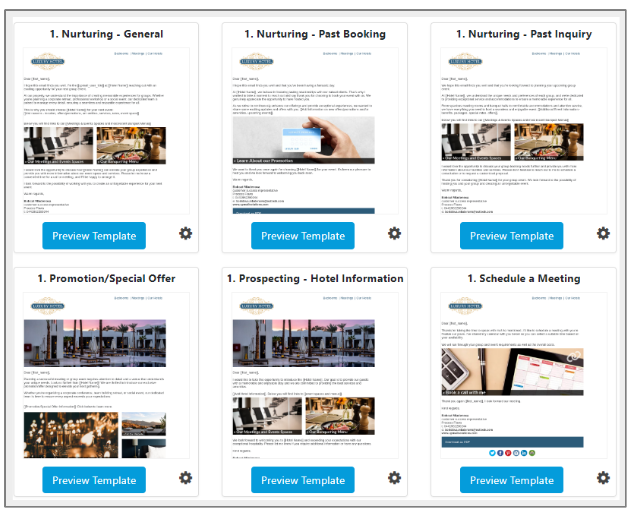
By implementing these strategies, you can enhance your hotel prospecting efforts and forge meaningful connections with potential clients through strategic email communication. Remember, it’s not just about sending emails; it’s about crafting messages that resonate and drive action.
References:
Spotio
Peak Sales Recruiting
Lead Sync
How Email Personalization Drives Hotel Sales
For hotel sales teams, email is the go-to communication tool, but sending the same message to every prospect simply isn’t effective. To stand out, your emails need to be thoughtful, targeted, and personal. Here are our top tips to make your hotel sales emails more engaging and impactful through personalization.
Introducing 8 New Email Layouts: Elevate Your Emails Today
By popular demand, the UpMail team is thrilled to introduce eight brand-new layouts designed to showcase your stunning images and enhance call-to-actions. The new layouts are now available in our Template Gallery, making it easy to select, and customize them for your next email or template.
The Hotel Sales Proposal Makeover: 5 Things You Need to Drop Today
Are your hotel sales proposals stuck in the past? Modern clients expect visually appealing, relevant, and streamlined presentations. Here’s how to ditch outdated practices and create proposals that captivate today’s tech-savvy audience.


